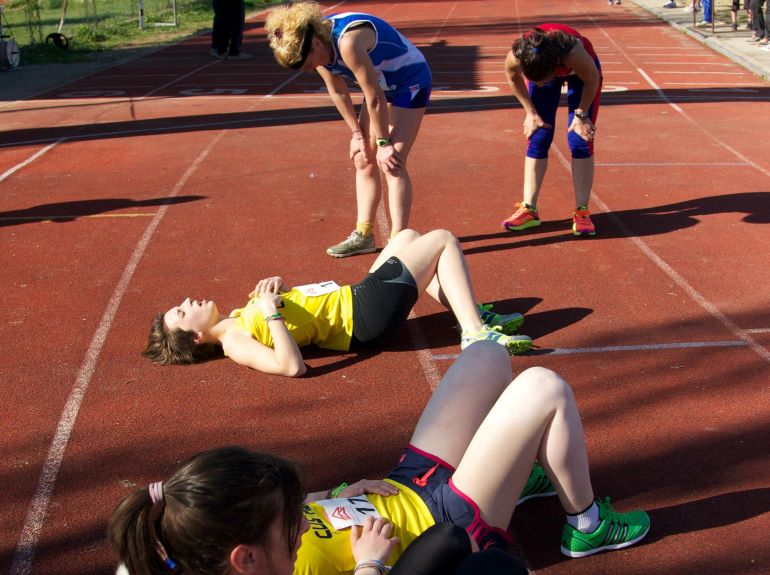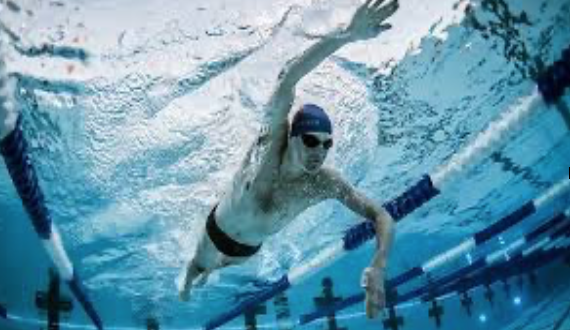Recovery from intense activity or sport

What is recovery in sport
In this information Lauren Lyndon Hill Sports Therapist (& Sports Massage Therapist!) at Keheren Therapy in Truro, Cornwall shares some tips on how to recover from intense activity or sport.
Hydration
Replacement of fluid during and after high-intensity sport is very important in order to enhance recovery. You lose a lot of fluid during exercise and ideally, you should be replacing it during exercise. But filling up after exercise is an easy way to boost your recovery. Water supports every metabolic function and nutrient transfer in the body and having plenty of water will improve every bodily function. Adequate fluid replacement is even more important for endurance athletes who lose large amounts of water during hours of sweating.
Good Nutrition
After draining your energy stores with exercise, you need to refuel your body if you expect your body to recover. For example, repairing tissues, get stronger and be ready for the next challenge. Nutrition promotes muscle redevelopment, glycogen restoration, reduces tiredness, and supports physical and immune health. This helps the athlete prepare for the next competition or training session throughout the duration of a season. Nutritional aspects of recovery are mainly focused on carbohydrates and protein, as well as fluids.
Structured Rest
Time is one of the best ways to recover (or heal) from just about any injury and this also works after a hard workout. Amazingly, your body has the capacity to take care of itself if you allow it some time. Resting after hard training or competition allows the repair and recovery process to happen at a natural pace.
Stretching
Improves blood flow, muscle soreness and flexibility. Our tips on good stretching can be found here.
Foam Rolling
Self-myofascial release is a fancy term for self-massage that helps to release muscle tightness or trigger points. Using a foam roller is one of the best ways to do this.
Sports Massage
Sports massage is one of the best ways to stay on top of general aches and pains and enhance recovery from hard training or competition. In particular, sports massage helps to warm up the muscles, increasing blood flow to the muscles to promote quicker healing and recovery. It will also help to break down scar tissue and realign muscle fibres that were previously damaged through injury occurrence or a general onset leading to injury.
Sports massage is also great for stimulating nerve endings and decreasing neurological excitability (nerves more relaxed). All these key components will help decrease pain, reduce muscle spasms, reduce muscle tension, increase joint range of motion and increase flexibility. This will also help to improve sleep and increase the general sense of well-being. Here, at Keheren Therapy, we have a Hydrotherm System, which involves warm water-filled pads placed on top of the massage couch. The benefits of this fantastic system will help to reduce pain, reduce muscle spasms, reduce muscle tension, relieve stress, helping the body to enhance healing and recovery quicker.
Other ways to recover from intense activity or sport.
Easy, gentle movement (such as a brisk walk or a bike ride) improves circulation, therefore helping to promote nutrient and waste product transport throughout the body. In theory, this helps the muscles repair and refuel faster. Active recovery may take anywhere from 20 to 45 minutes.
Types of active recovery may include:
- Brisk Walking
- Swimming
- Cycling
- Hip and Core Activation Exercises
- Light resistance training
Book a sports massage in Truro with Lauren Here


